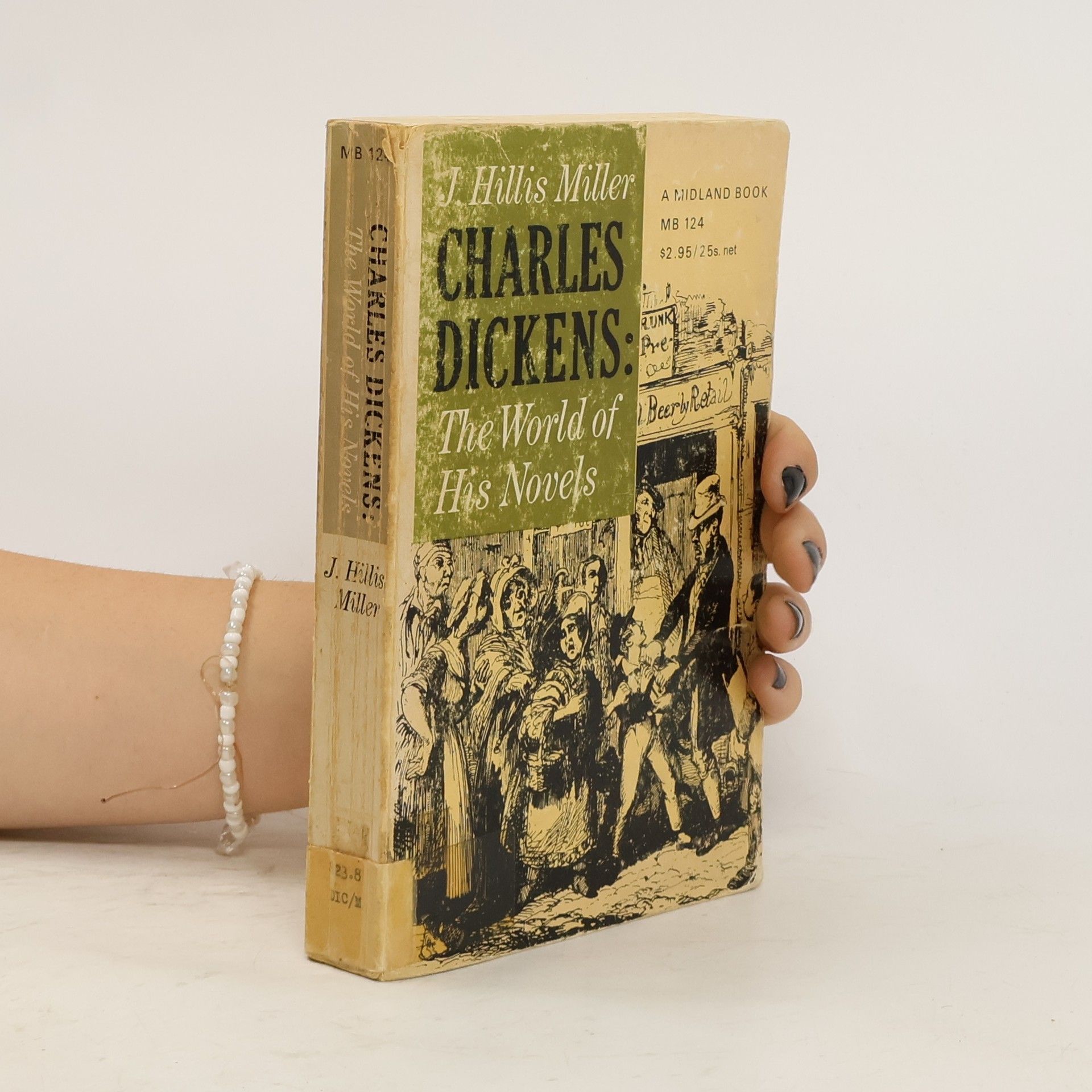J. Hillis Miller Livres
5 mars 1928 – 7 février 2021
J. Hillis Miller est une figure marquante de la critique littéraire, dont le travail explore les relations complexes entre les textes et leurs interprétations. Son approche se caractérise par une profonde réflexion sur la nature de la lecture et les possibilités qu'elle offre. Ses travaux universitaires sont essentiels pour comprendre la théorie littéraire postmoderne et son impact sur la pensée contemporaine. L'héritage de Miller réside dans sa capacité à révéler des significations cachées et à remettre en question les manières traditionnelles d'appréhender la littérature.

